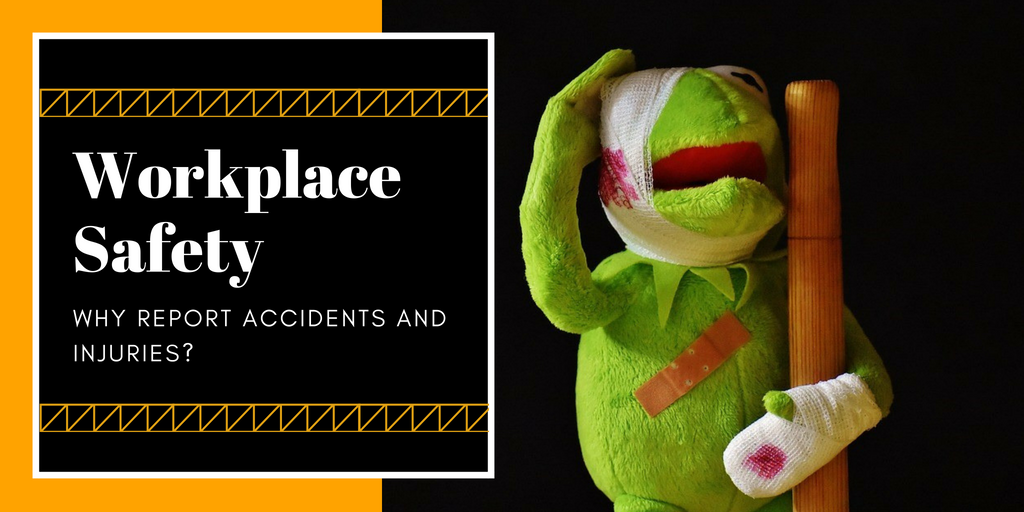Download PDF: ISPL Insight – Workplace Safety
Accidents, injuries and near misses in the workplace are preventable, however, even with safety measures in place, an accident or an injury may still occur. If or when they do, there can be an impact not just on the employee involved but also on the business. Yet, they can also be opportunities to learn and hopefully to prevent a reoccurrence.
What is a workplace incident?
 An incident in the workplace is any event which compromises the safety and health of a worker or person. This could include:
An incident in the workplace is any event which compromises the safety and health of a worker or person. This could include:
- an injury – a worker or person has been hurt at work
- a near miss – an event has occurred where no-one has been injured but could have been
- a death
In some situations, the incident could be the result of an accident that has happened by chance or unexpectedly.
Notification of an Incident or Injury
In Western Australia, employers have a duty of care to provide and maintain a safe and healthy workplace. One of the ways to achieve a safer workplace is to maintain a register of workplace incidents and to investigate incidents which do occur to prevent reoccurrence. The incident register should include all details of the incident including the date, time, location, people involved and a description of how the incident occurred.
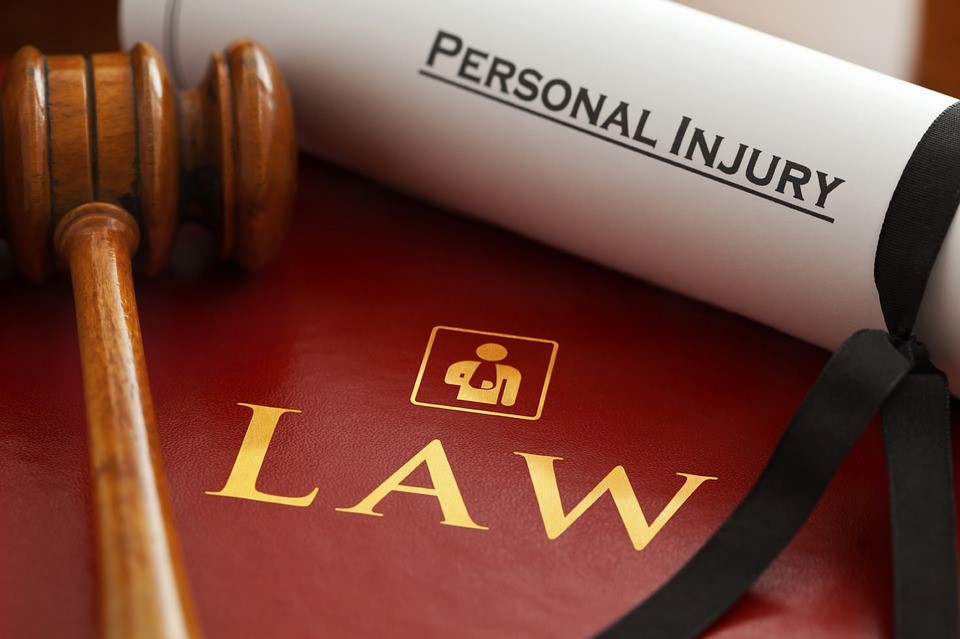 However, maintaining a workplace incident register requires employees to notify their employer when an incident occurs.
However, maintaining a workplace incident register requires employees to notify their employer when an incident occurs.
There are many reasons why people choose not to report a workplace incident including:
- Embarrassment
- Worry about being fired or not considered for future jobs
- Loss of respect from co-workers or being labelled a ‘complainer’
- Being unsure if the injury is work-related
- Belief that incident reporting is a waste of time
- Losing out on any incentives for ‘no lost work time’
Not reporting an incident or injury can have ramifications for the employee as well as the employer.
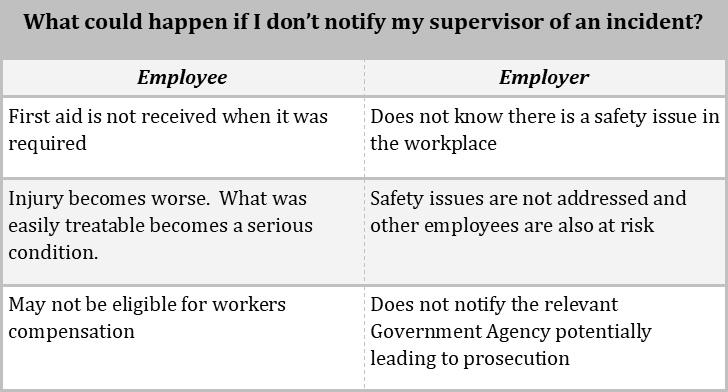
WorkSafe WA require the notification of serious incidents. Failure to report these incidents to WorkSafe WA could lead to prosecution. Incidents that must be reported include:
- a fracture of the skull, spine or pelvis
- a fracture of any bone in the arm (other than in the wrists or hand) or in the leg (other than a bone in the ankle or foot)
- an amputation of an arm, a hand, finger, finger joint, leg, foot, toe or toe joint
- the loss of sight of an eye
- any injury other than the above which, in the opinion of a medical practitioner, is likely to prevent the employee from being able to work within 10 days of the day on which the injury occurred;
- infectious diseases (tuberculosis, viral hepatitis, Legionnaires’ disease where contracted during exposure at work)
- occupational zoonoses (Q fever, anthrax, leptospiroses and brucellosis where contracted during exposure with infected animals at work)
How bad should an Injury be to be reportable?
 All injuries which occur in the workplace should be reported to a supervisor or your employer. Even if these injuries seem minor. Reporting an injury helps to ensure safety issues in the workplace can be addressed to reduce the occurrence of injuries to other employees.
All injuries which occur in the workplace should be reported to a supervisor or your employer. Even if these injuries seem minor. Reporting an injury helps to ensure safety issues in the workplace can be addressed to reduce the occurrence of injuries to other employees.
In the long-term, lack of incident notification and reporting does not help promote a safe workplace or prevent future workplace incidents from occurring.
Rights and Responsibilities
As an employee, it’s important to understand:
- what actions you need to take if you are injured or involved in an incident at work. This may include notifying your employer.
- What the hazards and risks are in your workplace.
- What safety measures are in place to reduce workplace injuries and adhere to these.
- Reporting an incident or accident will help make the workplace safer and prevent reoccurrence.
As an employer, it’s vital to:
- Know your legal requirements, including duty of care and reporting requirements.
- Provide training and inductions to all of your employees including information about the hazards in the workplace.
- Ensure that all your employees know and understand what to do if they are injured or involved in an emergency or near miss situation.
- Treat all reported injuries and incidents with care and respect, no matter the severity.
- Inform employees of their right to workers compensation if they are injured.
Remember, reporting of incidents should NOT be seen as a negative or bad thing. They are learning opportunities. Establishing a positive safety and reporting culture in your workplace will ultimately result in less accidents and incidents as well as less business interruptions.
More Information
The best place to find more information on safety in the workplace, incident reporting and employer/employee responsibilities in WA is WorkSafe. Their website is available at https://www.commerce.wa.gov.au/worksafe
Should you require assistance to set up or review your workplace incident reporting and investigation system please give Integrate Sustainability a call on (08) 9468 0338 or email enquiries@integratesustainability.com.au.
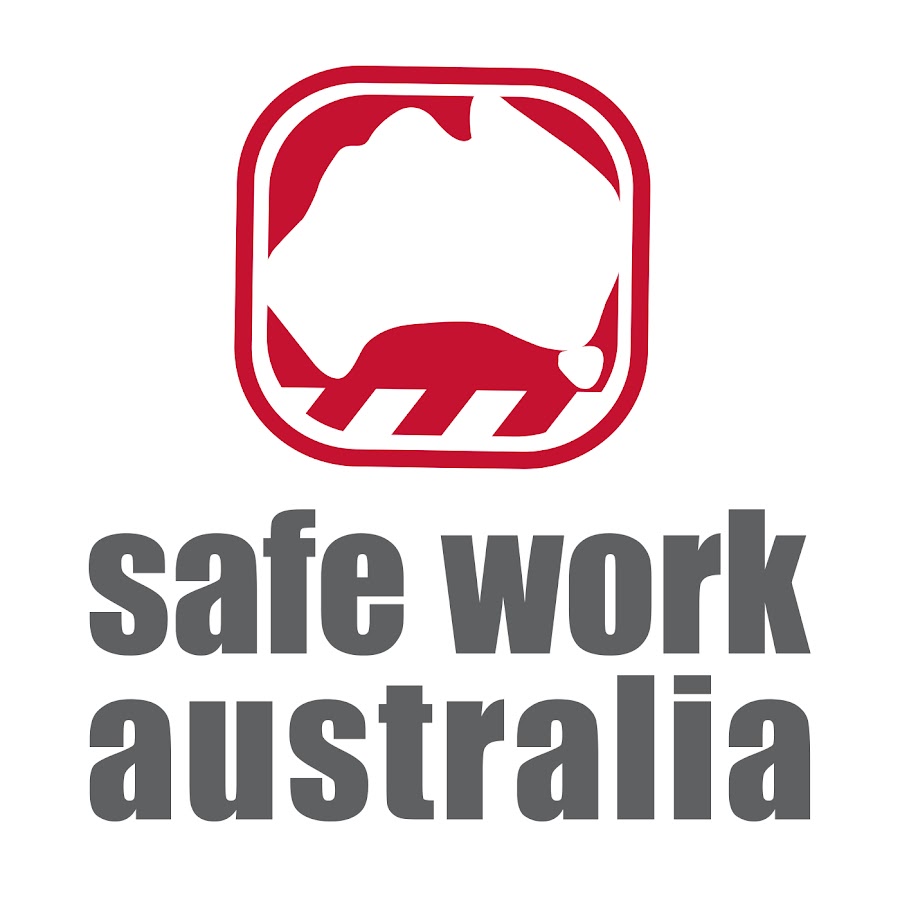 |
 |
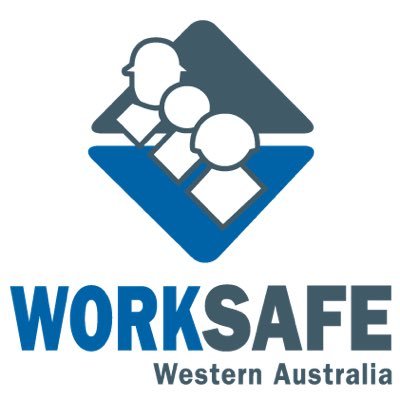 |
References and More Information
Safe Work Australia. 2017. https://www.safeworkaustralia.gov.au/incident-reporting and https://www.safeworkaustralia.gov.au/system/files/documents/1702/incident-notification-fact-sheet-2015.pdf
Work Cover WA. 2017. https://www.workcover.wa.gov.au/employers/understanding-your-rights-obligations/reporting-accidents-industrial-diseases/
WorkSafe WA. 2017. https://www.commerce.wa.gov.au/worksafe and https://www.commerce.wa.gov.au/publications/injury-reporting-and-investigation-essentials-employers

